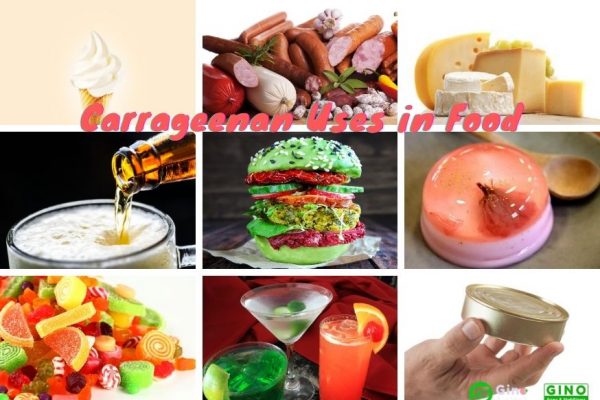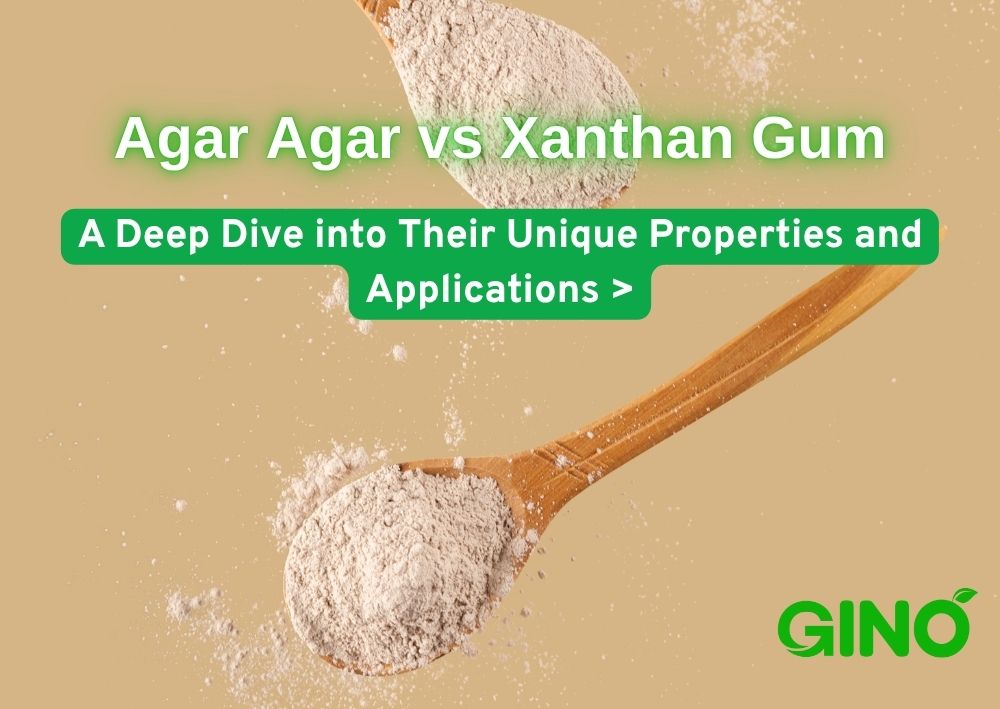Gum in Ice Cream: Impact of Gums on Melting Speeds of Ice Cream
Gum in Ice Cream | Table of Contents
The melting speed of ice cream is closely related to the edible gum, but not because of the dosage added, it is because of the type and amount added.
Summer is the best-selling season for ice cream. Some people say: some ice creams do not melt easily, which means they contain more additives.
There are always more than a few rumors about food safety issues.
Since there are rumors, we have to find out what is going on.

1. Ice Cream Ingredients
Let's start with the main ingredients of ice cream. The main ingredients of ice cream are water, milk, eggs, sweeteners, oils and fats and other food additives (including thickeners, emulsifiers, stabilizers, coloring agents and various flavors, etc.).
As ice cream is mainly sold in summer, it also needs to be kept frozen during transportation and storage, but due to the conditions, it is unavoidable that the whole cold chain is not possible. In order to prevent ice cream from melting and deforming in a non-frozen environment, most ice creams are added with edible gum (hydrocolloid) as a thickening agent. In addition to edible gums, of course, emulsifiers and stabilizers can also have an impact on the melting speed of ice cream.

2. Gum in Ice Cream
The Role of Thickening Ingredient in Ice Cream
Thickening agents can make ice cream appear more viscous. Commonly used thickening ingredients include xanthan gum, carrageenan, guar gum, etc. Their function is to change the crystalline form of water in the process of freezing, and also to make the melted ice cream still stick to the surface instead of dripping everywhere.

3. Emulsifiers in Ice Cream
Emulsifiers can improve the uniformity and stability of raw materials so that the freezing time will not form uneven ice balls, it can also catch the small particles of fat in the raw materials, lock the tiny bubbles, and finally form a soft and delicate texture.
These additives can not only give the ice cream a smooth texture but also slow down the melting speed of ice cream and prevent it from melting and collapsing too quickly.
4. Reasons Affecting the Melting Speed of Ice Cream
It can be seen that the melting speed of ice cream is indeed related to the thickening agent and emulsifier used.
Under certain process conditions, adding stabilizers can increase the melting resistance of ice cream and prevent it from melting or collapsing too quickly. But it is not the more additives, the slower the melting speed.
The different melting speed of ice cream is mainly due to the different types and contents of edible gum used.
The main purpose of adding edible gum to ice cream is to improve the taste and shape of the ice cream, and does not emphasize the nutritional value, there is no benefit but also no harm after people eat it.

5. Are the Additives in Ice Cream Safe?
Many people worry that the additives or gum in ice cream are not safe.
In fact, as long as the amount of food additives meets the standard requirements, the safety is guaranteed.
As long as you buy branded ice creams in regular supermarkets, they generally meet the national safety standards.
As long as the additives are in line with the standards, there is no need to be afraid of additives.

Related Articles
Recent Posts

We are a biotech company specializing in the research, development, and commercialization of innovative and technological food additives hydrocolloids Agar Agar, Carrageenan, and Tailor-Made Stabilizer Solutions.
With the extended know-how and experience in the research, application, and use of Hydrocolloids, we could provide one-stop-shop customized solutions perfectly matched to the needs of our customers.
Our products cover the needs of the Meat, Dairy, Bakery, Confectionery, and other industrial sectors.













